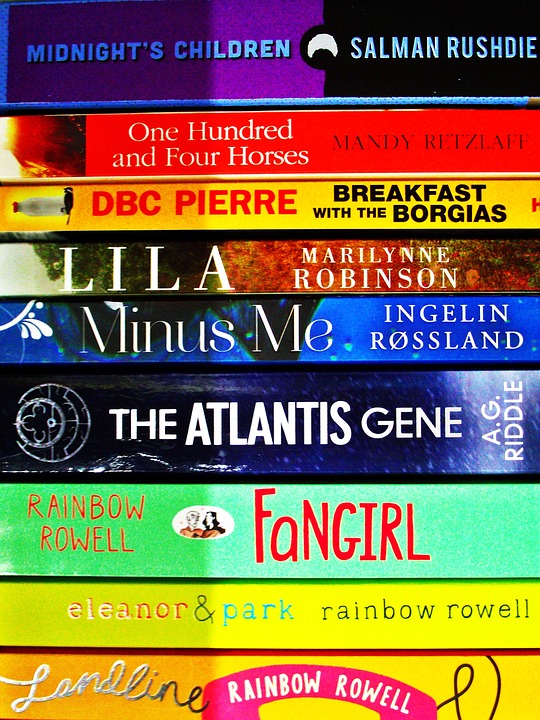 You probably remember the term “mass market books” or “mass market paperbacks.” But you also probably haven’t heard it in quite a while. There’s a reason for that. And that reason sits primarily in the e-book space.
You probably remember the term “mass market books” or “mass market paperbacks.” But you also probably haven’t heard it in quite a while. There’s a reason for that. And that reason sits primarily in the e-book space.
What Is a Mass Market Book, Anyway?
People often used to confuse the term “mass market book” with “trade book.” So let’s start by defining what each term means.
Both of these types of books are designed for the general consumer. Most could be categorized as romance or mystery. But trade books were intended to be sold primarily through bookstores. Mass market books, on the other hand, were intended to be sold predominantly through “mass” channels beyond traditional bookstores. They often would be available by the register at a drug store, supermarket, etc…
Mass market books were also generally printed on less expensive paper than trade books, making them cheap to produce and cheap to sell.
What Happened to Mass Market Books?
Well, e-books happened. If mass market books were originally intended to be cheap and easy reads … well, what’s cheaper and easier than paying 99 cents to download the book on your Kindle? As more books became available in e-book form, people’s desires to read the same book in paperback (and pay a lot more for it) dwindled.
Now, note that not all genres were sacrificed by e-books. There are still plenty of topics in which people prefer to read a hardcover book — like autobiographies and self-help books. But “light reading” — the types of books that had always been mass market — has not been shown to be one of them.
Experts also say that there’s been a reduction in shelf space on the retail side. But that’s a chicken/egg thing … did that happen because of reduced mass market success? Or vice versa?
So Is Mass Market Dead?
It’s not quite dead, but it’s on life support. Here are a few stats from Publishers Weekly:
- According to NPD BookScan, which tracks roughly 80% of print sales, mass market titles accounted for 13% of total print units sold in 2013; that figure dropped to 9% last year.
- The Association of American Publishers reported that dollar sales of mass market titles fell 30% in 2015 compared to 2012.
So What’s an Aspiring Mass Market Author to Do?
You might have spent many years aspiring to be the next Michael Crichton or John Grisham. And you might be wondering if that’s still a possibility.
Rest assured, there are still new mass market books being printed all the time. In fact, according to PW: “Bricks-and-mortar mass merchants continue to be the outlets where these books are most popular, with Walmart being one of the most important retailers among that group. (Depending on the publisher and the book, though, Costco, Sam’s Club, and Target can be just as, if not more, important.) With exceptions, women remain the top customer group for mass market titles because, in genre fiction, romance is one of the biggest drivers of sales. Mass market books also remain, publishers believe, impulse buys. (All the publishers interviewed for this story said that Amazon is not a significant outlet for mass market books.)”
So there’s hope.
But here’s the rub. Given the changing industry, publishers aren’t actively looking for the next mass market author the same way they are looking for the next great historical fiction writer. Because there’s not a lot of money to be made there. Instead, they are opting to publish books by already-successful authors as mass market.
So here’s what that means for you…
You need to become a successful author BEFORE you find success in mass market. The cheapest and easiest way to do that is by breaking in via e-books. Build an audience through a success author marketing campaign (including an author website, of course). Gain readers and followers. Then approach a publisher as a proven success story and pitch yourself as a mass market author that’s worth the small investment.
Times are a-changin’.

